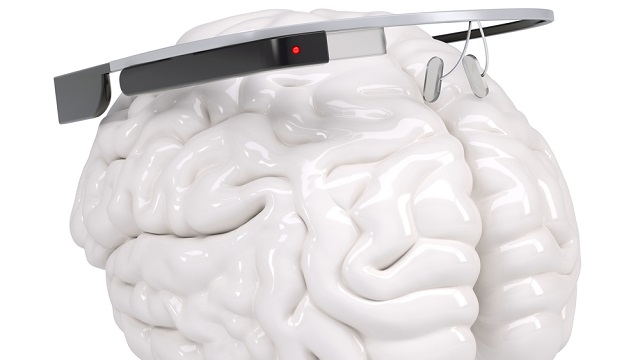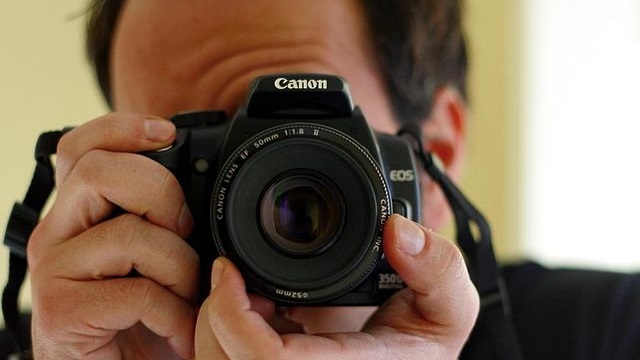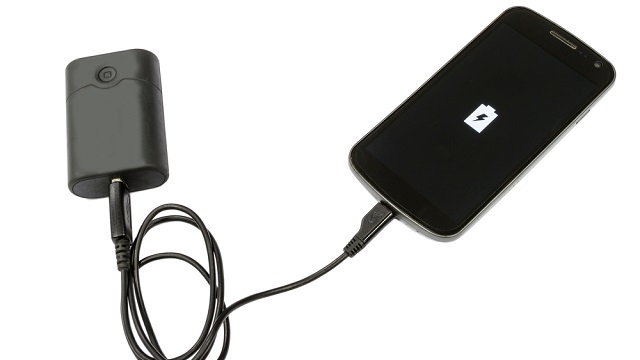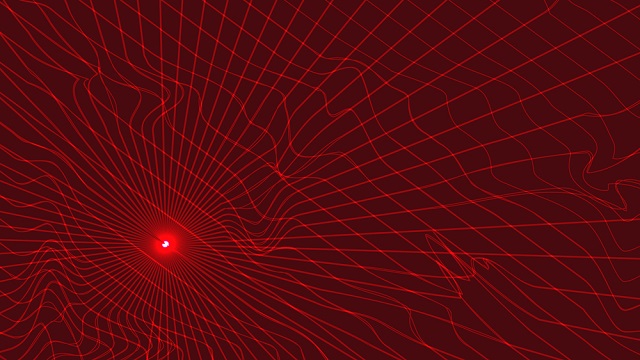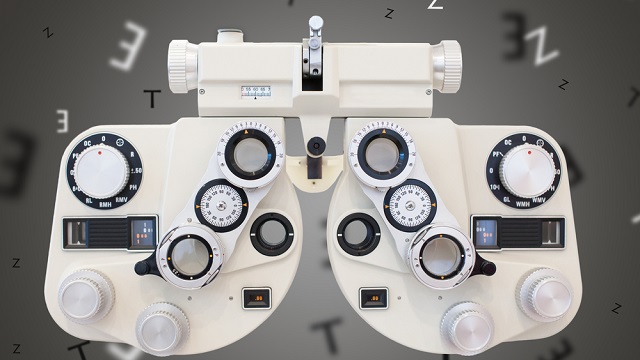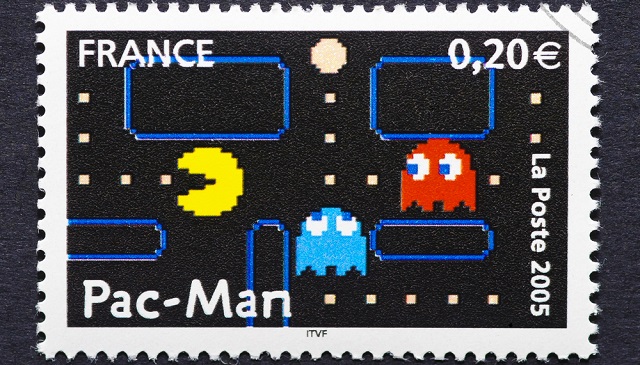Kecia Lynn
Kecia Lynn has worked as a technical writer, editor, software developer, arts administrator, summer camp director, and television host. A graduate of Case Western Reserve University and the Iowa Writers' Workshop, she is currently living in Iowa City and working on her first novel.
Thanks to a mandate passed by Congress in 1996, the US government is about to get out of the business of producing helium. The resulting shortage could affect a range of sectors across the industrialized world.
Medical professionals are demonstrating how Google Glass could be used for tasks ranging from viewing CAT scans during surgery to recording an actual procedure for educational purposes.
Visitors to the £90 million (US$141 million) building, located in London’s Brent borough, can select questions from a touchscreen and “Shanice” will answer them from her “seat” on a screen behind the reception desk.
Now that Facebook and other sites are incorporating more photo features, writer Molly McHugh takes note of how images are starting to replace — rather than complement — text as a means of communication.
A new agreement targeting Dutch content publishers involves linking an e-book’s digital watermark to the purchaser’s account. That way, if a copy of the e-book ends up on a pirating site, the publishers will know who to come after.
The country became the first in the world to officially recognize the use of the virtual currency for legal and tax purposes.
Literally: An eight-foot sculpture outside the building records complaints, which are then played over speakers installed in the offices of the citizens’ affairs bureau. Useful suggestions are stored, while the rest become mood music.
A new study states that men who work in female-dominated professions perform 25 percent more chores than those who work in male-dominated professions.
In response to a 2010 TED talk by gaming researcher Jane McGonigal, an organization has emerged that will develop in-game plug-ins giving players ways they can assist with real-world disaster relief.
This week the International Astronomical Union, long responsible for giving planets sexy names like “HD 189733b,” surprised many by opening the process to the general public. Not surprisingly, there are some rules involved. (Sit down, Trekkies.)
A smartphone uses up a lot more energy than most people think. Multiply that by a billion or more, and include all the other objects that use the Internet. A new paper asks: Where is all that energy coming from?
Scientists at Duke University stimulated sensory neurons in a way that eventually allowed six rats to locate light signals that are invisible to the (unmodified) naked eye.
For some of its car models, Audi has provided a free augmented reality app that allows an owner to get information about a certain component simply by pointing a mobile device at it.
Taking the fireflies-in-a-jar concept to an entirely new level, a team of undergraduates has made it to the finals of a scientific competition with their BioBulb project. The secret ingredient: Genetically-engineered E. coli.
Currently undergoing trials in rural parts of Kenya is PEEK, an app that turns a phone into a portable optician’s device capable of capturing, storing, and e-mailing eye images.
Thanks in part to a successful crowdfunding campaign, backers of the DrinkSavvy line — glasses, cups, straws and stirrers that react to the presence of common “date-rape” drugs — will start receiving the product next month.
New Zealand-based Martin Aircraft has just been given the go-ahead to begin manned test flights of its P12 jetpack. If all goes well, a (very expensive) version could be on the market in as little as two years.
The Florida Keys Mosquito Control District is preparing to experiment with using Maveric drones to find pools of water that host mosquito larvae, ideally making eradication easier.
University of Strathclyde scientists have identified 12 asteroids that could be retrieved using current technology within the next three to eight years…assuming they work very, very carefully.
Virtually, that is: Researchers at Switzerland’s CERN laboratory have launched an app that allows the public to view and mark animations of particle tracks. Their discoveries could eventually help determine how, if at all, gravity affects antiparticle movement.
If it’s natural, that is: A recent study attempts to link the dyeing and medicinal capabilities of certain plants, and posits that minute quantities of dye absorbed from clothes into skin could improve wellbeing.
Specifically, five humble drive-ins: A Web site launched last week invites visitors to decide which ones will receive new digital projectors — and stay in business a little longer — courtesy of the automaker.
Literally: Pixelate is a head-to-head tabletop video game that uses real plates of fruit, special forks, and on-screen positive reinforcement.
More than 60 years after her death, Lacks’ genetic material can no longer be used by researchers without family consent. Is the same true for the rest of us? Not exactly.
For those of us who think there’s something not quite right about playing “Pac Man” on a PC, there’s San Francisco’s All You Can Arcade subscription service, which delivers machines to homes and businesses for a monthly $75 fee.
A Quebec designer set up an installation that combines a standard “For Rent” sign with a surveillance camera, computer software, and a motorized track.
Under a new law passed earlier this year, 16,000 residents who owe more than $10,000 in state taxes began receiving notices this week that their driver’s licenses will be suspended if they don’t pay up.
A Pew Research Center survey released this week revealed that despite Americans’ optimism about advances in medical technology, a slight majority said they wouldn’t want to have their lifespans extended past 120 with such technology.
It’s not climate change, or the fact that they spend more time online: According to a new survey, it’s because they’re just too busy to be bothered.
Despite an uptick in tourism and a shortage of hotel rooms, the government has clamped down on citizens offering private rooms to foreign visitors, mainly because those visitors lack basic home training.

